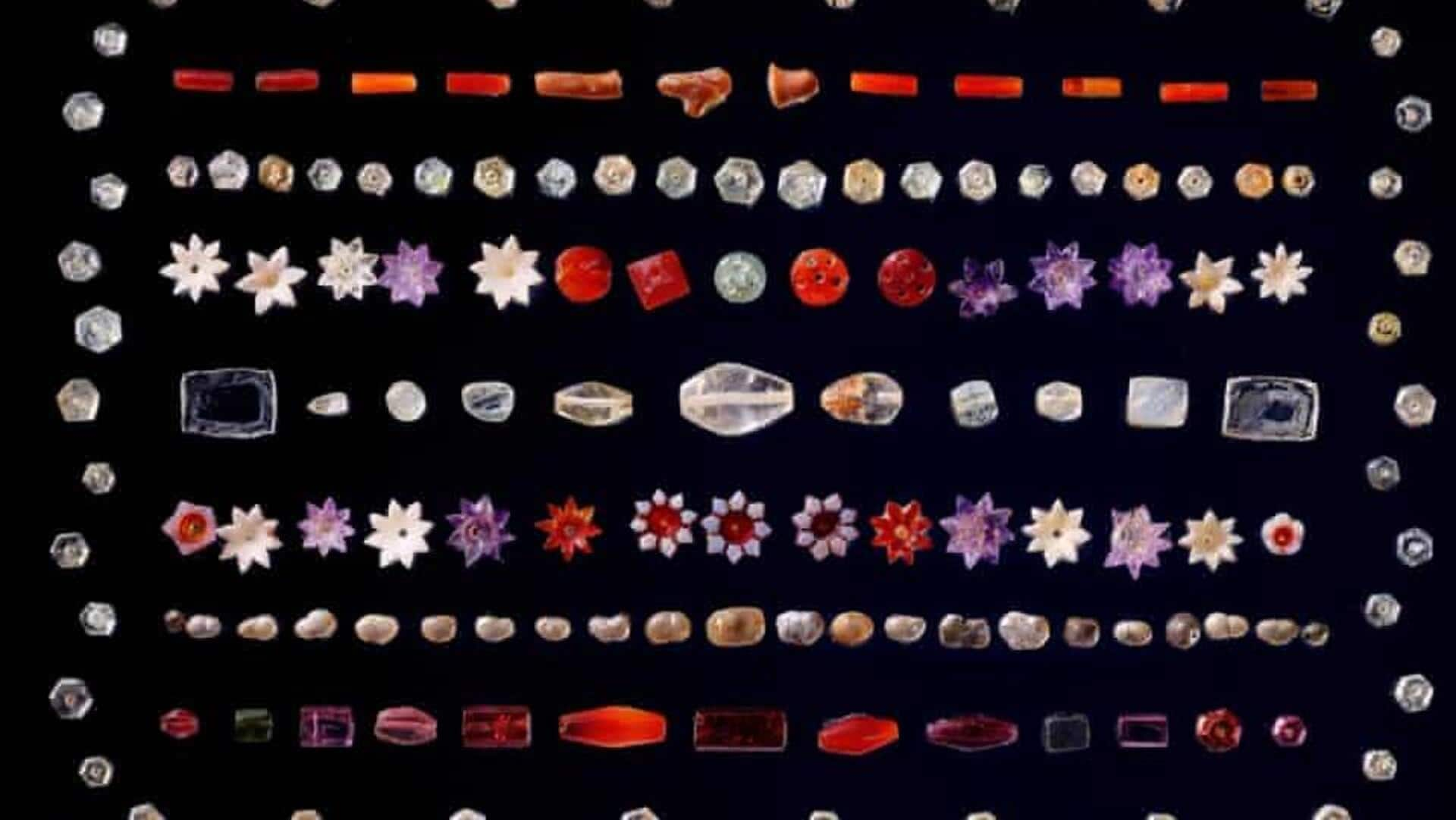
India demands return of Piprahwa gems found with Buddha's remains
What's the story
The Indian government has moved to stop the auction of ancient gem relics that were found buried with the remains of Buddha. The Ministry of Culture in India said the auction breaches Indian and international laws as well as United Nations conventions. The ministry has called for the return of these relics to India for safekeeping and for religious worship. Sotheby's Hong Kong has listed the relics, including gemstones and ritual artifacts related to Buddha, for auction on May 7th.
Notice details
Legal notice served to auction house and heir
A legal notice has been sent to Sotheby's and Chris Peppe, a descendant of William Claxton Peppé, the British colonial officer who unearthed the relics at Piprahwa, in present-day Uttar Pradesh, in 1898. The gems are expected to fetch around HK$100 million (£9.7 million). India's Ministry of Culture has sought their repatriation, saying these gem relics "constitute inalienable religious and cultural heritage of India and the global Buddhist community."
Twitter Post
India's legal notice to Sotheby's, Chris Peppé
@MinOfCultureGoI has issued a legal notice to Sotheby’s Hong Kong & Mr Chris Peppé, heirs of William Claxton Peppé, demanding the immediate halt of the auction titled "The Piprahwa Gems of the Historical Buddha, Mauryan Empire, Ashokan Era, circa 240-200 BCE,"-set for May 7,2025. pic.twitter.com/Begczzp9SE
— Ministry of Culture (@MinOfCultureGoI) May 5, 2025
Auction halt
Ministry of Culture demands cessation of auction
The ministry has also asked for a public apology from Sotheby's and Chris Peppe to the Indian government as well as Buddhists across the world. "These relics, excavated from the Piprahwa Stupa—widely recognized as the ancient city of Kapilavastu, the birthplace of Lord Buddha—hold immense historical and spiritual significance," the ministry said in its statement.
Historical context
Gems unearthed from ancient funerary monument
The gems - amethysts, coral, garnets, pearls, rock crystals, shells and gold - were found in a dome-shaped funerary monument called a stupa in Piprahwa. The British crown claimed Peppe's find under the 1878 Indian Treasure Trove Act, and most of the 1,800 gems were transferred to what is now the Indian Museum in Kolkata. Peppé was allowed to keep roughly one-fifth of them, which were described as "duplicates" of some of the others.
Auction
Bone fragments, crystal and soapstone reliquaries in auction
Some of the bone relics were sent to the Buddhist monarch King Chulalongkorn of Siam (now Thailand), while others remained with the Peppé family. The relics have since been declared as 'AA' antiques under Indian law, prohibiting their export or sale. The auction, titled The Piprahwa Gems of the Historical Buddha, Mauryan Empire, Ashokan Era, circa 240-200 BC, includes bone fragments, crystal and soapstone reliquaries, gold ornaments, and valuable stones including garnets, pearls, and amethyst.